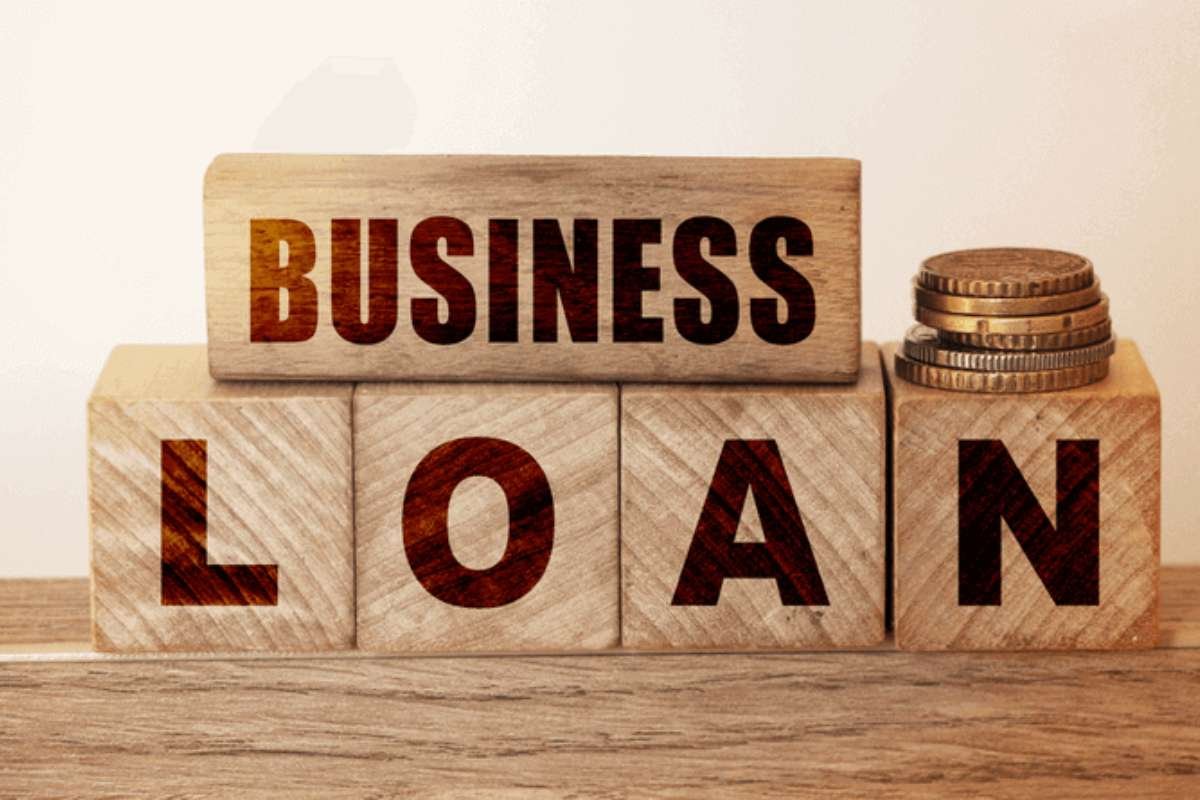Warren Buffet, who is one of the top 10 business tycoons in the world, has personal philosophy about liquidity could help the average investor build a better emergency fund. His thoughts about savings advice are ‘Save First and Invest to Earn Second.’
Known as the Oracle of Omaha for his sound advice and success on the markets, Warren Buffet is one of the most famous investors in the world. He’s also one of the richest men in the world, with an estimated net worth of $101.3 billion.
Despite sitting on a fortune most of us can only ever dream about, Buffet has a cautious eye for the future. He told Berkshire Hathaway investors in 2010 that he keeps more than $20 billion in cash-equivalent assets to help him sleep at night — even though he’s barely earning anything on these funds.
It’s a piece of savings advice that any investor would do well to follow. Having an emergency fund can help you weather unexpected financial storms with more confidence.
Here is Warren Buffet’s No. 1 savings advice for you ti build your investments:
What Do You Need to Sleep at Night?
More than ten years ago, Buffet needed $20 billion to feel safe, and that number has likely seen a bump in the past decade.
Of course, you won’t need to save as much to grab some security of your own. The standard rule of thumb for emergency savings is three to six months’ worth of living expenses.
Hitting this target becomes easier when you make consistent contributions. However, there’s a distinct possibility you might face an emergency before you save up enough.
If your fund can’t cover an unexpected auto repair or medical expense, a financial institution like MoneyKey might offer a workable solution. At Moneykey.com/get-loan-online/, you can learn about how an online loan acts as a safety net when your emergency fund fails.
Like emergency savings advice, these online loans are designed to help you handle unexpected expenses that can crop up from time to time. But although they function very much like savings, they don’t replace your emergency fund entirely. After paying back your loan online, you should get back on course to building an adequate cushion of cash.
Just what does “adequate” mean? Although three to six months is the average standard, it’s by no means a rule set in stone. Remember, your fund will do more than cover the one-off unexpected expense. It’s there to keep you afloat if you ever lose a job.
Much like finding out your risk tolerance for investing, you need to consider how your job security, lifestyle, and risk tolerance play into how much you need.
Where Do You Keep These Savings?
An emergency fund gives a boost to your financial agility, so it’s important you collect this cash in an account that you can access quickly and easily.
For the average person, an emergency fund winds up in an average savings account where it earns just 0.06% interest.
For savvy investors, you may choose to keep your cash equivalents in a certificate of deposit (CD), government bonds, or money market accounts. These have higher interest rates than the average savings account, but they’re still liquid. With a short maturity date, you can withdraw them earlier than your other investments.
Nevertheless, they’ll never be your high earners, but the same goes for Buffet. He believes peace of mind is worth the price.
Save First, Invest to Earn Second
Although it may be hard to prioritize safety over earnings, especially when some funds promise to earn you a quick buck, it pays to take a cautious approach to your finances. Focus on hitting your emergency fund target first. Then, once you’ve developed a solid cash cushion, you can move on to investing in the market. This savings advice is given by Warren Buffet.





